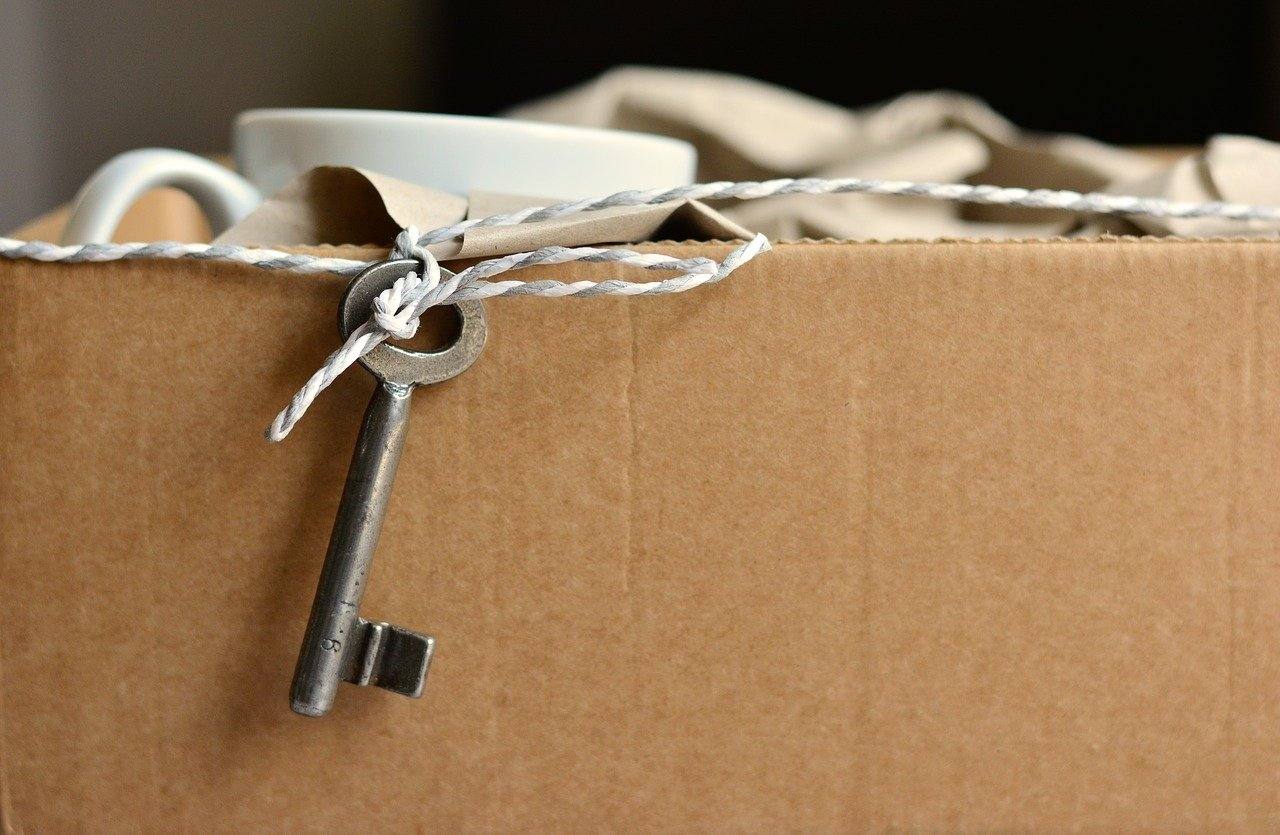*Collaboration
Renting a home offers flexibility, fewer maintenance responsibilities, and the ability to live in an area where you might not be able to afford to buy. With around 4.6 million households in the private rented sector in England, it’s clear that renting is a significant part of the housing market.
Renting can be a wise choice for many, offering the chance to live in desirable locations with flexibility. However, before you embark on your renting journey, there are essential aspects you should consider to ensure you make the best decisions for your living situation.

Understanding the Costs
Renting comes with its set of financial commitments beyond just the monthly rent. You’ll need to budget for a deposit, usually about one month’s rent, agency fees, if applicable, and ongoing costs like utilities, council tax, and renters’ insurance.
With all these costs in mind, it’s a good idea to start building your credit score as soon as possible. This will bring you some peace of mind and ensure you have the financial resilience to deal with any rent increases or unexpected costs such as paying advanced rent. Be aware that the rental market is competitive, with rents having risen significantly in recent years, impacting affordability.
Inspect the Property
Before signing any agreements, thoroughly inspect the property. Look for any signs of damp, damage, or wear and tear and ensure all appliances work correctly. It’s also vital to check the safety certificates for gas and electrical systems. Remember, the condition of the property when you move in will be the benchmark for its condition when you leave, so keep detailed records.
You should also consider aspects such as proximity to transport links, phone signal and nearby disturbances that could pose an issue such as busy roads or nearby pubs and bars.
Know Your Responsibilities
Understanding your responsibilities as a tenant is crucial. These typically include paying rent on time, keeping the property in good condition, and notifying your landlord of any damages or issues promptly. Be sure to understand the terms of your lease agreement, including any restrictions on decorating, pet ownership, and subletting.
Failing to do any of the above could result in you being asked to vacate the property or losing your deposit.
Furnished vs Unfurnished
Deciding between a furnished or unfurnished property depends on your circumstances. Furnished properties are convenient if you’re not looking to buy your own furniture, making them ideal for shorter stays or if you’re moving without much.
However, unfurnished properties give you the freedom to make your space feel like home, often preferred for longer-term rentals. Furnished properties may come with a higher monthly price tag so consider your needs and preferences before making a decision.
